Who suffers the most?
Animals suffering under human control, with a primary focus on chickens, pigs, cows, quail, fish, and shrimp used for food.
We also address the issue of animals sacrificed for fur, wool, and leather used in fashion. Additionally, we address animal testing, which affects fewer animals than those consumed but causes profound suffering.
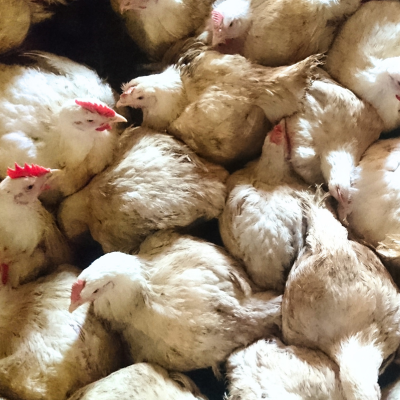
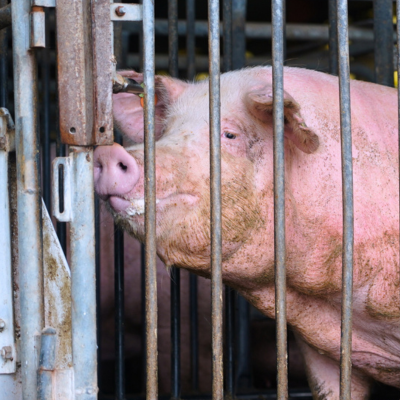
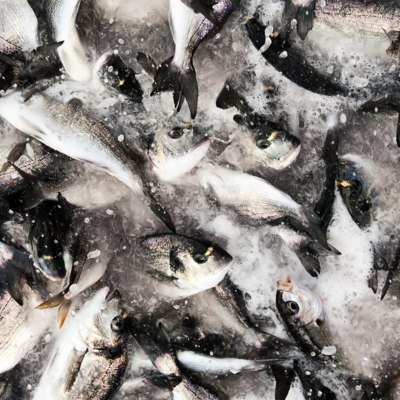
End cage
Chickens Sacrificed for “Eggs”
The suffering of chickens confined in cages is analyzed as being “better off dead.” It is essential to free them from cages and reduce egg consumption.
Most Slaughtered Land Animals
Chickens Sacrificed for “Chicken Meat”
In Japan, 900 million chickens are killed and turned into meat every year. Japan’s stocking density is over 1.7 times higher than the global average, and its slaughter practices are uniquely cruel worldwide, as chickens are not rendered unconscious before slaughter.
Free the pigs from stalls! First, end confinement.
Pigs sacrificed for “pork”
Mother sows, treated as machines to produce piglets for meat, are confined in stalls. Confinement is animal abuse. Piglets also suffer from practices like castration without anesthesia—improvements are needed.
Perfectly replaceable with plant-based milk
Cows sacrificed for “milk”
70% of domestic dairy farms restrain dairy cows 24 hours a day using ropes or stanchions. It’s unreasonable to keep a 700-kilogram cow confined without exercise. If grazing isn’t possible, seek alternatives.
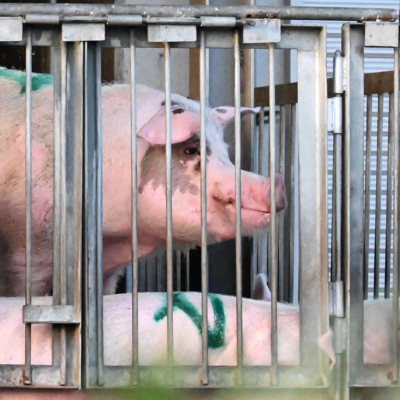
Slaughter
When it comes to killing animals, Japan has seen little discussion about the process leading up to slaughter, and its lag is significant.
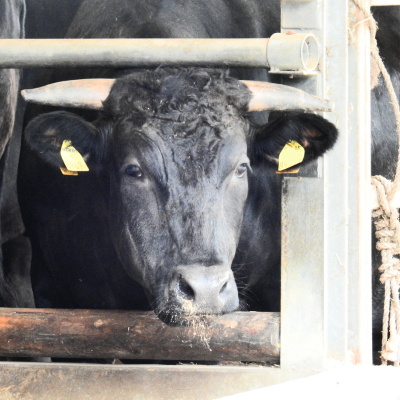
Beef Cattle
Their health is compromised for marbling, spending two years bored and covered in feces and urine before being killed.
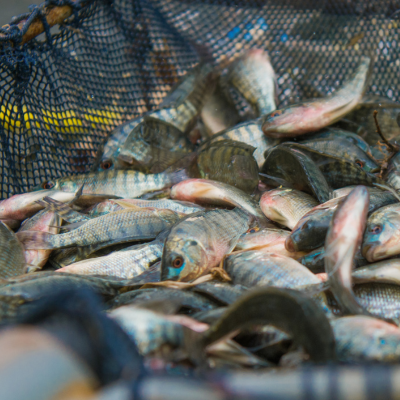
Farmed fish
Aquatic animals like farmed fish and shrimp also require animal welfare.
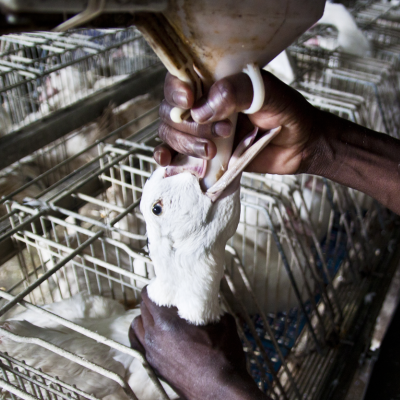
Foie gras
Foie gras, one of the three great delicacies, is made by abusing waterfowl to create fatty livers. Let’s abolish it.
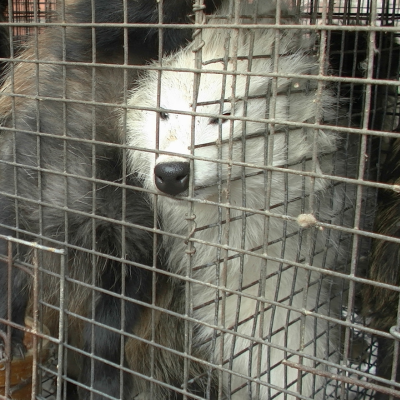
Fashion
Fur, wool, angora, leather, mohair, cashmere… the sacrifices for clothing.
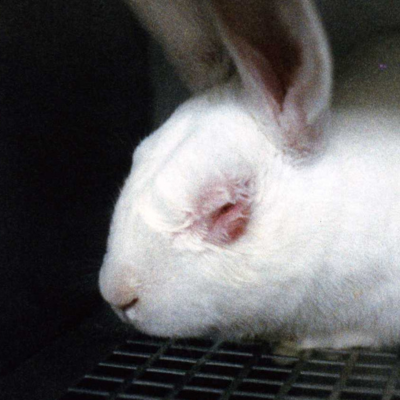
Animal Testing
The world is moving to abolish animal testing. Japan still prioritizes vested interests.
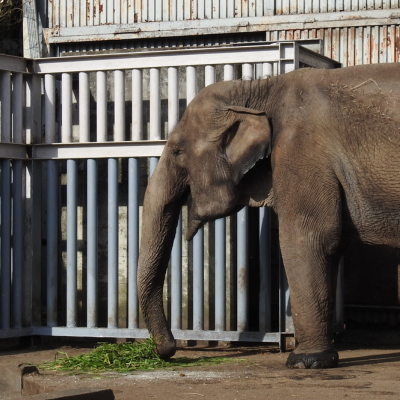
Animals Used for Entertainment
End entertainment using animals: zoos, aquariums, festivals, horses, animal cafes, circuses, horse racing, etc.

Vegan
We support practices that minimize animal sacrifice. Plant-based diets ~ cosmetics, clothing, and more.
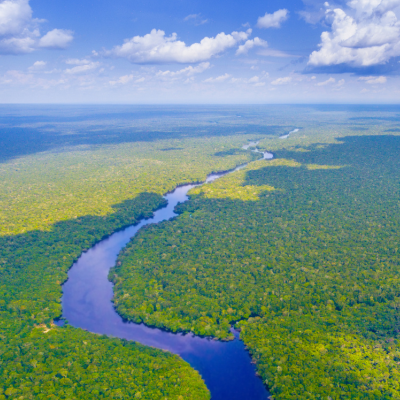
Sustainability
Environmental, human rights, food, and peace issues are deeply intertwined with animals. Livestock farming, in particular, has a significant negative impact.
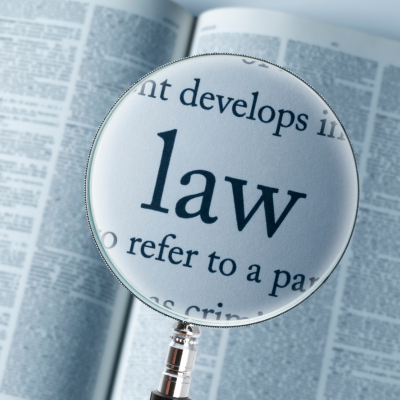
Laws & Regulations
Monitoring Japanese and global laws, regulations, and national movements. You can also look up translations of laws here.
Support Our Work with a Donation
To allocate precious funds as directly as possible to programs that protect animals, our accounting is not processed every day. We’re sorry for any delay. We will always get back to you within 10 business days.
Animal Rights Center is a Certified NPO (Nintei NPO). If you donate ¥2,000 or more in a calendar year, we will send a donation receipt certificate usable for tax deductions in late January each year. If your organization requires the receipt sooner, please contact us separately.
Recurring Support
Monthly Giving
A monthly giving program with automatic withdrawals. Your sustained support enables medium- to long-term work to change systems that cause animals to suffer.
To stop your monthly withdrawals, you can cancel on your own or contact us via the inquiry form.
After your first donation, we send a thank-you letter and materials. From the second donation onward, we do not resend those materials; instead, we share our newsletter three times a year for a period after your donation to keep you up to date.
One-Time Donation
For a single donation by credit card or PayPal, please choose one of the options below.
Or Donate any amount
Bank or Post Office Transfer
You can donate by MUFG Bank.
*If you live in Japan, we will send you a receipt for receiving a tax deduction on your donation. Please send us your information.
| Bank Name | MUFG Bank, Ltd. |
| Branch Name & Address | Shibuya-Chuo Branch 1-23-10, Jinnan, Shibuya-ku, Tokyo |
| SWIFT code /BIC code | BOTKJPJT or BOTKJPJTXXX |
| Account Number | 345-5968916 |
| Account Name & Address | Animal Rights Center Japan New Shibuya Cooporas 1009 12-3 Udagawacho, Shibuya-ku, Tokyo, Japan |
Donations of ¥2,000 or more per year made on or after September 14, 2023 (the date we obtained Certified NPO status) are eligible for tax benefits.
If you donate ¥1,000 or more, we will send you a donation receipt certificate that can be used for tax deduction claims. Certificates are mailed in late January each year. If you need it sooner due to corporate policies, please contact us.

